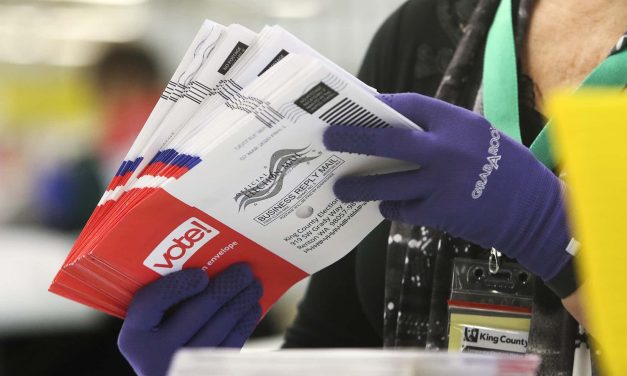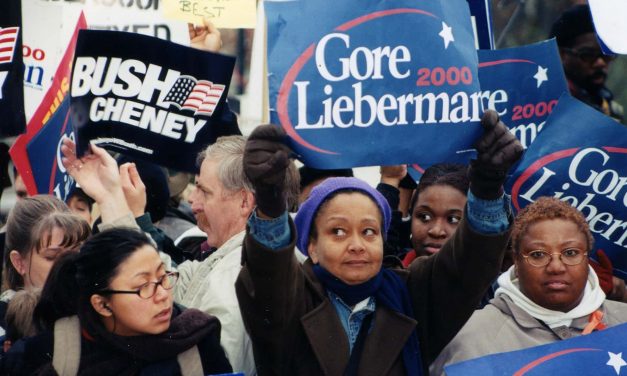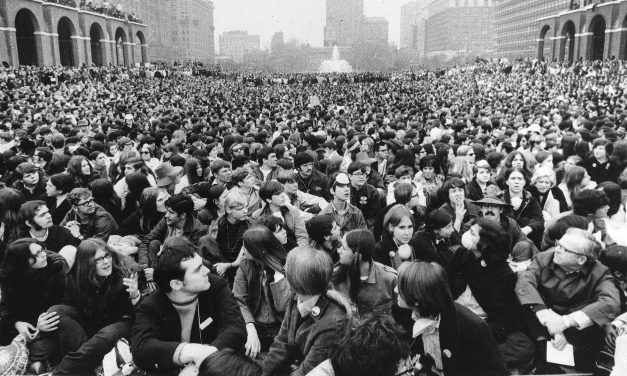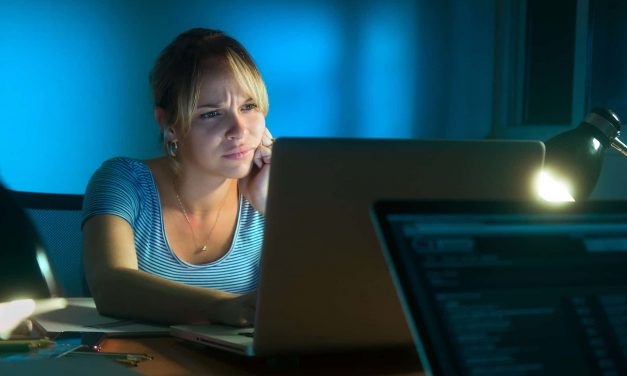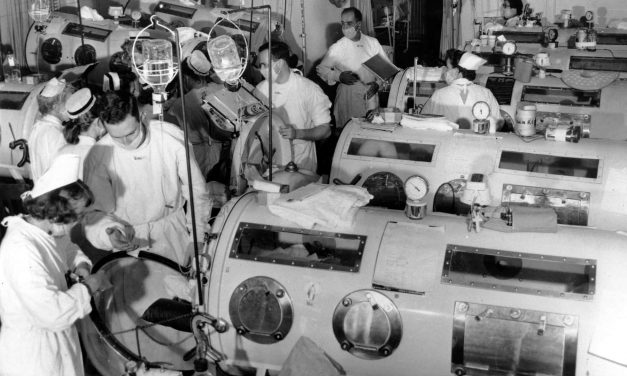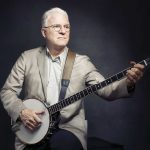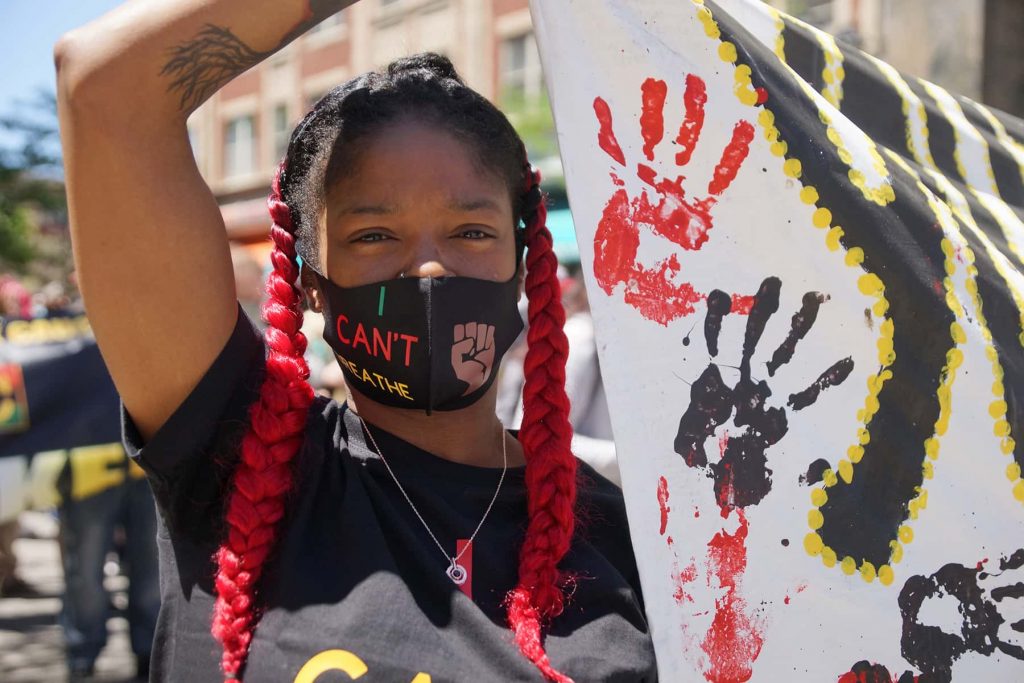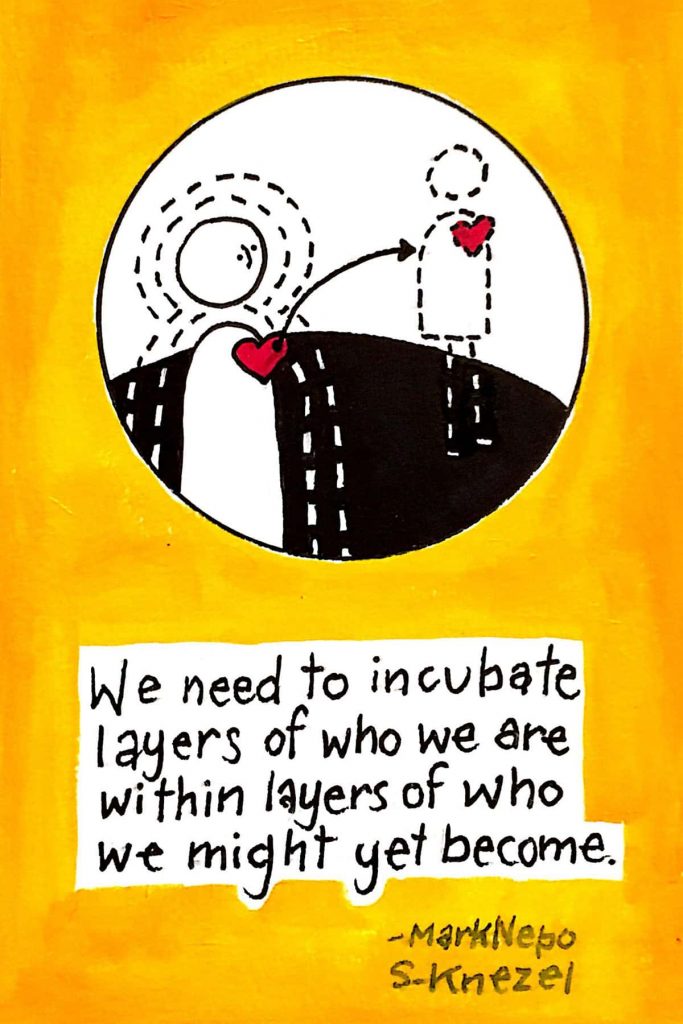Only a handful of states have vote-by-mail policies that can keep elections safe and secure
By Steven Mulroy, Law Professor in Constitutional Law, Criminal Law, Election Law, University of Memphis When Wisconsin voters and officials sought to adapt the state’s spring elections to better observe social distancing guidelines, the U.S. Supreme Court refused. One of the changes state officials had asked for was extra time so voters could cast their ballots by mail. The coronavirus outbreak is set to last for months or even years. What will that mean for the elections – including the presidential one in November – that are on the way? Calls have come from many quarters, both Democratic and...
Read More
